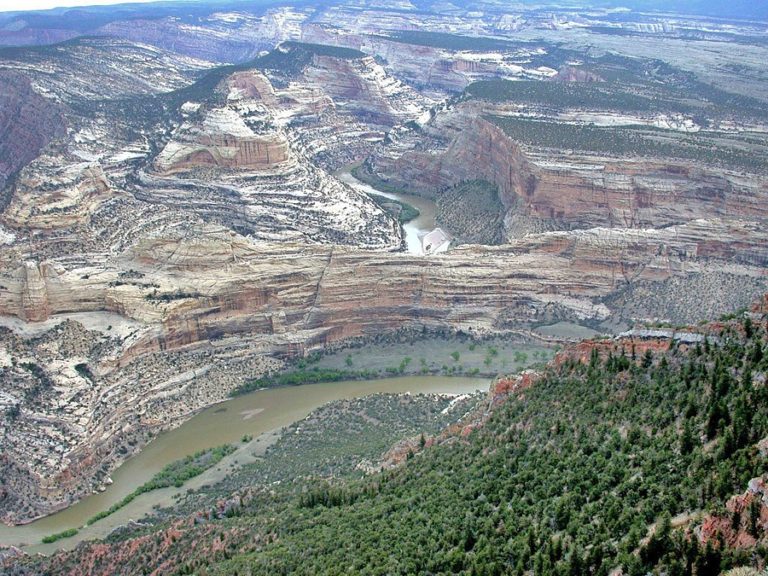Legal Protest Targets Trump’s Fracking Plan of 100,000 Acres in Colorado
By: Waterkeeper Alliance

Fracking Threatens Colorado River, Endangered Species, Climate, Rocky Mountain National Park and Dinosaur National Monument
Conservation groups have filed an administrative protest challenging a federal decision to offer for leasing in June more than 100,000 acres of federal public land in northern Colorado for oil and gas industry fracking. The leasing decision, being pushed by the Trump administration’s Bureau of Land Management over local community opposition, threatens some of Colorado’s most treasured and scenic landscapes and wildlife species.
“Fracking these pristine public lands would come at the cost of imperiled wildlife, clean air and clean water, meanwhile worsening climate change,” said Michael Saul, senior attorney with the Center for Biological Diversity. “This is classic Trump corporate cronyism that sacrifices public values for oil industry profits.”
The decision paves the way for thousands of new fracked oil and gas wells in the Piceance Basin, increasing the strain on the already overdrawn Upper Colorado River with water withdrawals and the threat of new oil spills. It would pave the way for fracking in largely untouched Grand County, the headwaters of the Colorado River and a world-famous destination for fishing, hiking and tourism.
“The water quality of the Colorado River headwaters is at an all-time low and water demand is at an all-time high. Awarding leases that allow fossil fuel extraction in the headwaters will not improve the looming water crisis,” said John Weisheit, Colorado Riverkeeper with Living Rivers. “Restraint on all forms of consumptive use is the best and wisest solution for improving a damaged watershed. Public land management decisions must be based on this reality and BLM must take the lead in restraining those uses, not open the door to more.”
This massive plan, casually dismissed by the BLM as having “no significant environmental impact,” will harm a host of sensitive and listed species including Colorado River and greenback cutthroat trout, greater sage grouse, Canada lynx, black-footed ferrets, white-tailed prairie dogs, rare wildflowers, deer, elk and moose. Resulting greenhouse gas pollution would worsen climate change, whose impacts the region is already feeling with reduced Colorado River flows.
“Protecting the quantity and quality of Colorado River flows, which face overwhelming challenges from increased demand and reduced supply, is inextricably linked to management decisions on public lands that cut back on water use and protect water quality,” said Kate Hudson, western U.S. advocacy coordinator with Waterkeeper Alliance. “BLM’s pending decision to open over 100,000 acres of public lands in the headwaters of the Colorado River to oil and gas leasing, and the inevitable impacts that fossil fuel extraction will have on the river, its tributaries and our climate, heads us in exactly the wrong direction. It will only hasten the collapse of this critical and fragile resource.”
The giant sale threatens to industrialize lands and pollute air and water at the doorsteps of Rocky Mountain National Park and Dinosaur National Monument. Groups filing today’s protest include the Center for Biological Diversity, Living Rivers, Waterkeeper Alliance, and Sierra Club.
Download the protest here.
*Photo courtesy of the National Park Service